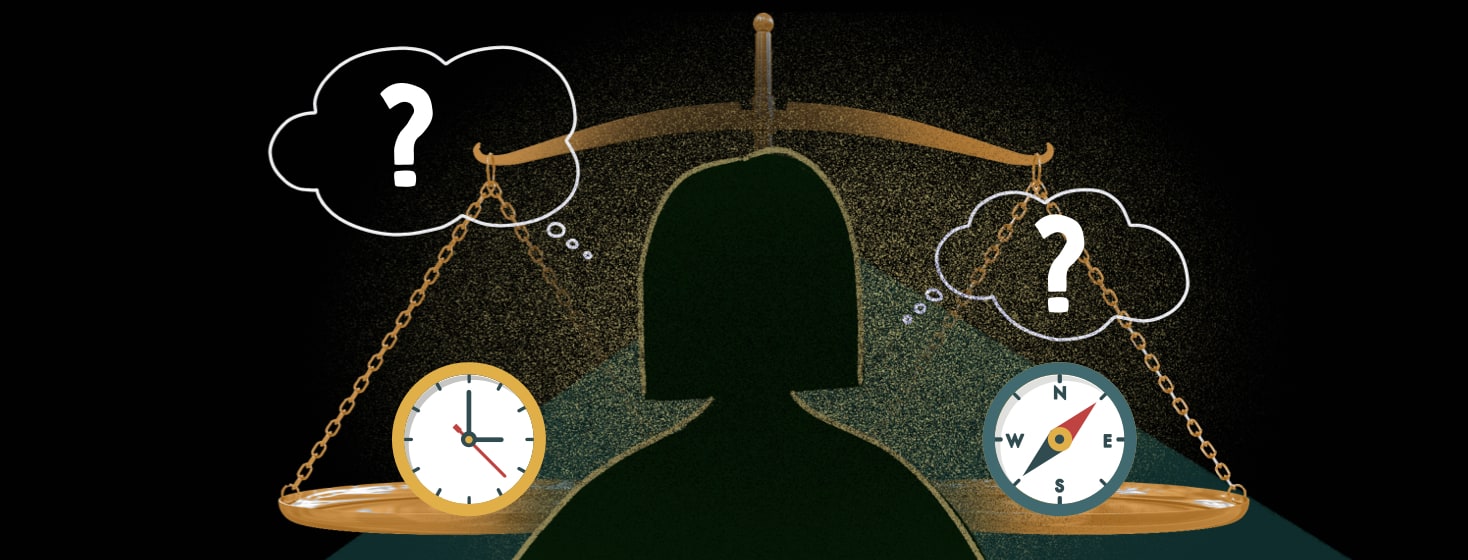Making a Big Decision During a Meltdown
"What's going on, Ashley?" my supervisor asked.
"It's time for me to go. I'm putting in my 2 weeks notice," I replied.
"Did someone upset you?" she asked.
"Nobody did anything, I can't continue like this," I said.
"Is there anything I can do to help you?" she insisted.
"No..." I said.
Overwhelmed and suddenly quitting my job
This was my favorite job. I worked as a peer counselor, otherwise known as a certified peer specialist (CPS) and still do. As a CPS, it is my job to model wellness, help peers create crisis plans, and to facilitate classes at the behavioral health center where I worked.
This job paid well, it provided free training to keep my credentials, and offered good health insurance. Although it was my ideal job, I let it go. Not because I wanted to, but because I felt I had to due to worsening of my health.
Schizophrenia symptoms were overwhelming
The depression overwhelmed me and I felt its dominance in every aspect of my being. It effected my relationships – with my child, myself, and especially my confidence to perform at work. The negative self-talk dug its heels deep and halted my vision and livelihood. Often, doubting myself and repeating what I couldn't do all the time.
Then my fight to concentrate, and get unstuck to perform even the simplest tasks at work, became challenging. To cope, I worked closely with a colleague to regain my self-esteem and we were accountability partners. To start my day I journaled and made a "Things To Do" list. Occasionally, I read the affirmations I wrote on post-it notes, which covered the walls and my computer screen in my work station.
Making a bad decision during a bad moment
On breaks I walked around the parking lot to regroup, get my second wind, and redirect my focus in order to motivate myself to be efficient. Despite my progress, I felt I wasn't doing enough, and told myself I couldn't do it. Which eventually led to my meltdown at work.
I rushed into my supervisor's office and spontaneously resigned because I felt too much pressure. I couldn't mask it nor keep it together any longer. I quit my job.
I left a good one only to regret it later on when I felt well again, which is why I'm sharing my story. If you're going through challenges at work I encourage you to seek professional treatment first and to develop a plan to bounce back.
This or That
When coping with a challenge, do you typically...
Negative self-talk with schizophrenia
Too often we hold negative conversations with ourselves when we're feeling low, which can make horrible temporary situations worse with poor decisions that have lasting effects. To try and salvage our health in desperation.
Reflecting on this situation, I shouldn't have quit. There were alternative methods I could've taken to manage my health, keep my job, and maintain my livelihood for me and my family.
What to do when you're feeling overwhelmed
Therefore, I have a few tips for you to consider whenever you feel you're at your wits ends. Before you escalate a bad day into a bad decision, practice going to your doctor first. Discuss your anxieties, depression, fears, and symptoms to adjust your medications in order to restore calm, clear mindedness, and wellness.
Perhaps, you might need to take a break from work. Make that a shared decision with your doctor and get a doctor's note to deliver to your employer's human resources department.
Coping tools for schizophrenia
Make sure you're getting adequate sleep. Generally, when my psychosis resurfaces, it's because I lack proper rest that exasperates my symptoms and paves the way for the worsening of my condition.
Recycle your wellness tools and if you need more coping skills, talk to a therapist. For me, therapy heals the whole person by developing coping strategies and practicing problem-solving techniques. Find an accountability partner. Consider participating in a self-help group and/or therapy.
Avoiding decisions you may regret
Try not to make rash decisions based on a poor phase in your life that you might regret later. Again, I've learned first-hand what could happen and how I should have handled my chaotic moment. Whatever you do, talk to your doctor, take your medication, and consider any big decisions with your doctor.
